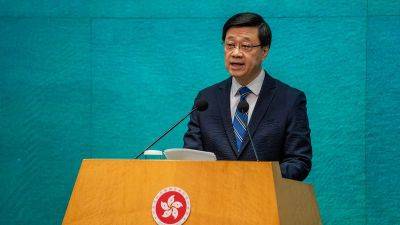Why Hong Kong’s embrace of AI in education is much too superficial
Published in 2018, AI versus Children Who Cannot Read Their Textbooks became a runaway bestseller across Japan. Written by Noriko Arai, the director of Japan’s prestigious National Institute of Informatics (NII), the book detailed results from a lavishly funded multi-year project that attempted to build an AI system that could pass University of Tokyo’s entrance exams.
Despite tens of millions of yen poured into the project, the AI system failed although the research team concluded that it could gain acceptance into other famous universities in Japan.
AI could outperform 80 per cent of Japanese students, mostly in maths and science. But in language and reading tasks, AI could not identify with the emotional states of leading characters nor imagine how cultural context generates meaning.
Interestingly, Arai’s team recognised that emotional identification with characters is a dominant approach to reading in Japan, emerging from the deep literary traditions of East Asia. More than plot structure, reading requires an intimate emotional identification.
Throughout Japan, these skills are crucial to success in everyday interactions, business negotiations and the production of art and culture. Recognising this, Arai’s recommendations for the future were bold. The urgent task was not the further development of AI, but educating more Japanese children to identify with others, better infer context and learn to modulate syntax to generate meaning.
Since 2016, NII has been focusing on pedagogical reforms to help students learn what AI cannot master – not further development of AI, but the further humanisation of education. Only children with those skills would escape AI-induced job losses.
However, these discussions have focused on







